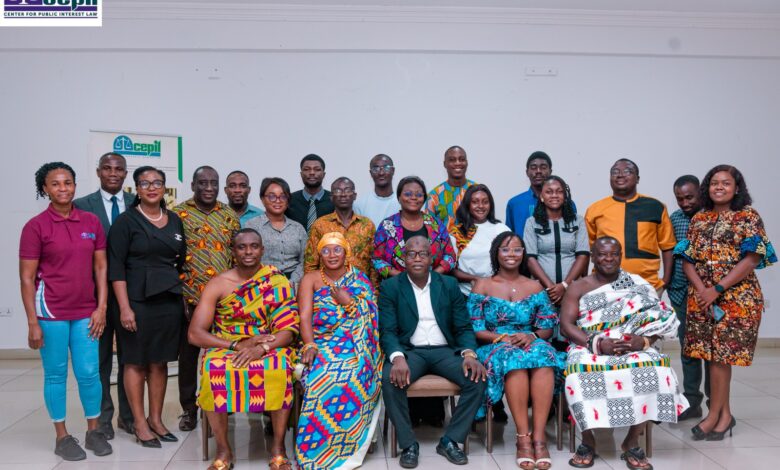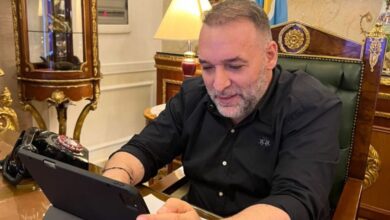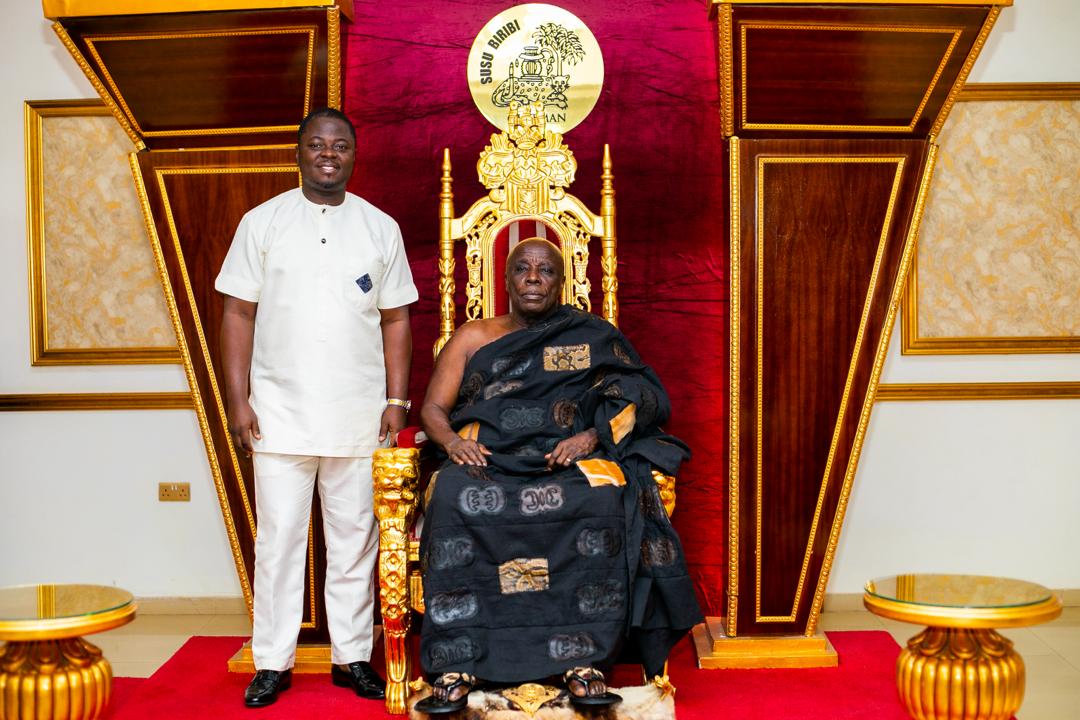Stakeholders Demand MIIF Oversight

Participants at a stakeholder engagement forum organised by the Centre Public Interest Law (CEPIL) with support from Oxfam in Ghana have called for parliamentary oversight of the Minerals Income Investment Fund (MIIF) operations.
This move, they believe, will ensure transparency and accountability in managing the fund.
They proposed the Public Interest and Accountability Committee (PIAC) as a model for parliamentary oversight of the MIIF. Established in 2011, PIAC ensures transparency and accountability in mineral revenue management, providing a blueprint for effective oversight.
The one-day forum aimed to share findings from an analysis of the MIIF Act, 2018 (Act 978), as amended, encouraging discussions on governance and revenue transparency, and advocating policy reforms.
The event also sought to empower civil society organisations (CSOs) and local communities to demand accountability in mineral revenue management.
It brought together key stakeholders including the Bank of Ghana (BoG), Ghana Extractive Industry Transparency Initiative (GHEITI), Natural Resource Governance Institute (NRGI), Minerals Development Fund (MDF), Chamber of Mines, community people impacted by mining, traditional authorities, CSOs, and the media.
To further strengthen the MIIF and boost transparency and accountability, the stakeholders recommended the establishment of clear and robust standards.
They are looking to international standards on contract disclosure and sovereign wealth management for guidance, specifically citing the Extractive Industries Transparency Initiative (EITI) requirement 2.2, which focuses on contract and license allocations, ensuring that information on awards and transfers of oil, gas, and mining licenses is publicly available.
This requirement, they pointed out, also includes details on the process for transferring or awarding licenses, technical and financial criteria, and information about the recipient(s) of the license.
Earlier, the Country Director of BudgIT Ghana, Jennifer Addochoe Moffatt, sharing her draft framework analysis of Ghana’s MIIF Act, 2018 (Act 978) & Alignment with EITI Standards, identified several gaps in the Act.
Her analysis, which focused on a Framework Analysis and Alignment with the Extractive Industries Transparency Initiative (EITI) Standards, revealed that the MIIF Governance Framework lacked representation from crucial stakeholders.
The stakeholders not represented include civil society, mining companies, and communities.
This lack of representation, she explained, could limit the incorporation of citizen concerns and needs, industry expertise and insights, and community concerns and needs in decision-making processes.
Furthermore, she indicated limited enforcement of gender quotas beyond numerical targets. Other gaps in the MIIF Act included the absence of participatory mechanisms for communities to influence revenue allocation, and Act’s overreliance on the MDF for community benefits.
She also noted two significant concerns regarding the MIIF Act. “There are no mechanisms in place to prioritise marginalised groups, such as women and indigenous communities. Additionally, communities lack formal decision-making roles, which means they have limited input in decisions that affect their lives and livelihoods,” she indicated.
Against the backdrop of her analysis, Ms Addochoe Moffatt underscored the need for governance reforms that promote transparency, accountability, and inclusivity. To bridge the gaps in the MIIF Act, she advocated reforms that incorporate diverse stakeholders, ensure contract transparency, and adopt open data principles.
Additionally, she stressed the importance of implementing equity measures that formalise benefit-sharing roles for marginalised groups.
Earlier in a welcome address, the Executive Director of CEPIL, Mr Augustine Niber, lamented that despite Ghana’s rich mineral resources, it was challenging to track how revenue from these resources contributed to infrastructure development in local mining communities.
“The MIIF Act was passed to manage our mineral royalties and to be used for our development purposes. But what has been the impact of this Act on the development of Ghana?” he quizzed.
He questioned whether allowing a chunk of the country’s mineral revenue into the MIIF has been beneficial or not, stressing the need for a cap to be placed on this investment fund.




